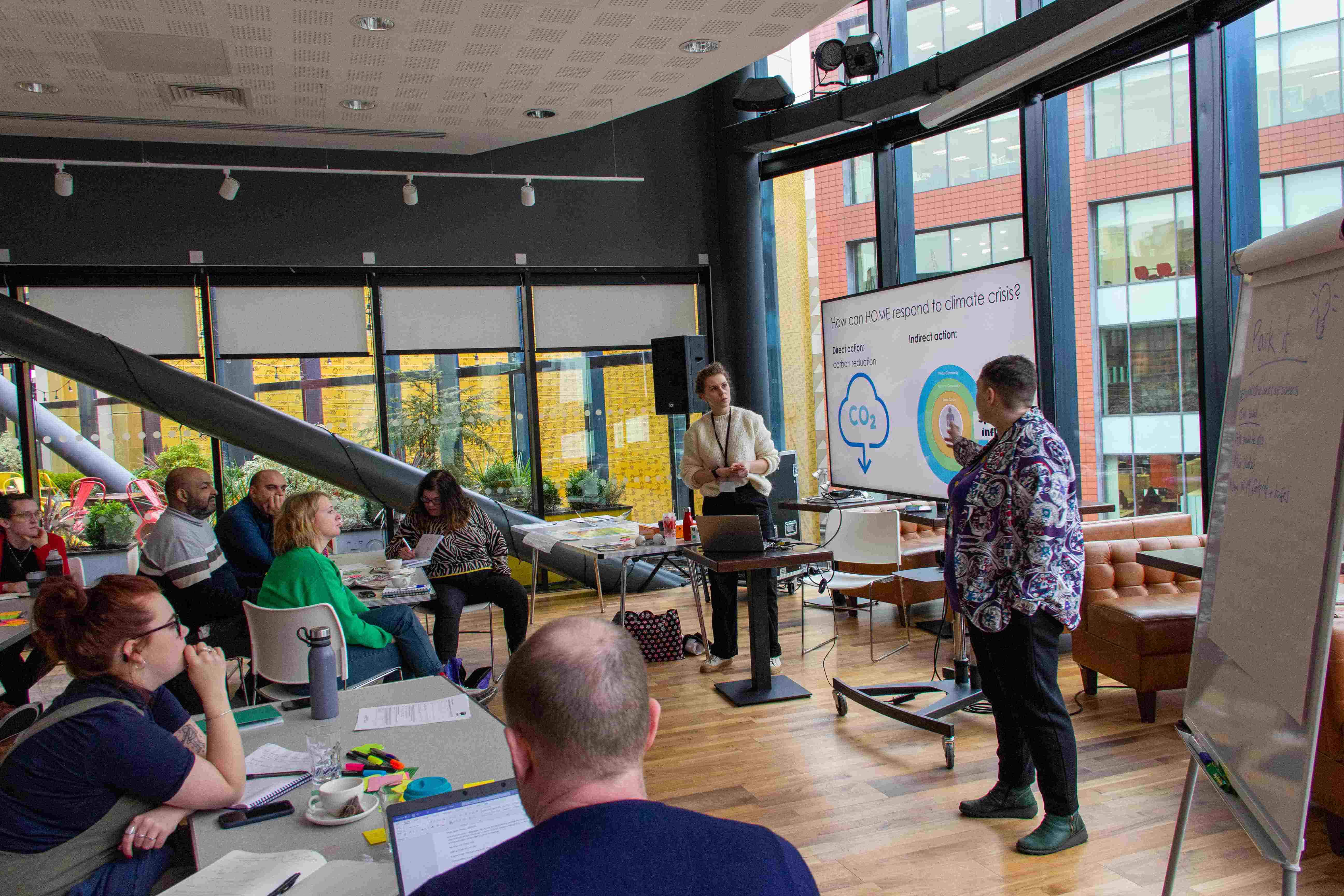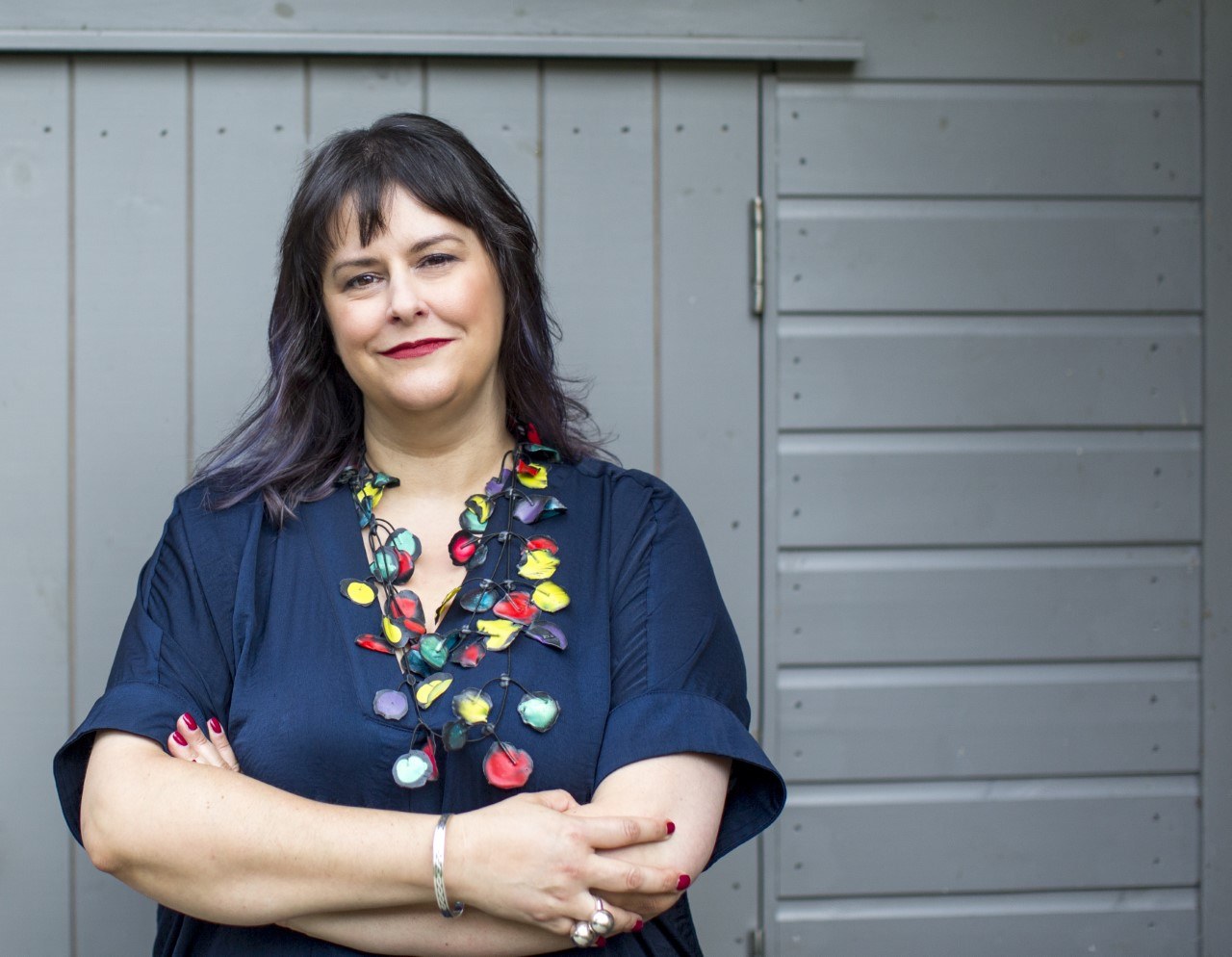Governance and activism are both driven by collaboration and a desire for change. Activism comes in many forms. Declaring a public climate emergency proclaims an awareness of the environmental impacts of an organisation’s actions, and the need for urgent change in the face of climate crisis. But moving from awareness to action requires people to start asking (and answering) important questions.
When it comes to environmental sustainability, how many boards are holding crisis meetings or holding their organisations accountable? How many board members know if their organisation has a sustainable travel policy for its staff, and which trustees have been appointed for their knowledge and advocacy of environmental sustainability? Do trustees know their own carbon footprints, or that of their organisation?
In answering these questions and others, organisations and their boards can learn from grassroots movements by giving voice and visibility to the issue, adopting an agile, community-driven approach, and embedding it in all they do.
At HOME, our environmental policy and action plan is directly aligned to our strategic business plan. The change was delivered by the commitment of driven HOME team members leading to collaboration with the board over several years.
We’ve embedded a cultural change that ensures that sustainability is included in job titles, job descriptions, covered within inductions – including board members, discussed in both staff and board planning activities, included in meetings, and communicated both internally and externally when shared with our wider networks.
Environmental sustainability is recognised as a collective responsibility, with every individual being skilled and supported to make planet-positive choices in their role and beyond. We know that this approach is imperative to supporting a creative green future for the organisation and the communities that we serve.



